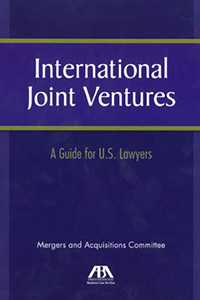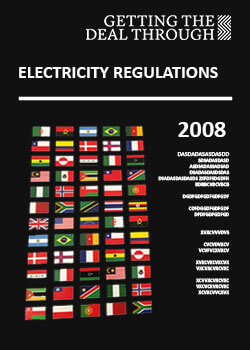Colombia is a leader in the fight against transnational bribery

 By Gabriela Mancero and Felipe Gómez
By Gabriela Mancero and Felipe Gómez
In order to combat transnational corruption, the Government recently passed Law 1778 of February 2, 2016, which establishes a punitive administrative regime for natural and legal persons participating in the conduct of transnational bribery and complements the crime of bribery contained in the Criminal Code.
This new regulation is a milestone which places Colombia in a leadership situation against several of its Latin American peers and insert the country in the group of nations with best practices against this scourge. The entry into force of this law represents a fundamental step towards the entry of Colombia to the Organisation for Economic Co-operation and Development (OECD).
The aforementioned penalty system will be in charge of the Superintendency of Companies to all legal persons and natural persons acting on behalf of them, except for entities supervised by the Financial Superintendency.
Thus, for legal entities, the Superintendency of Companies may impose fines of up to 200,000 them minimum statutory monthly wage when they, by one or more of its employees or directors, bribing a public servant.
Moreover, individuals who engage in transnational bribery prison have between nine and 15 years and a fine of between 650 and 50,000 minimum statutory monthly wage.
Finally, the new law also establishes the benefits that can be granted to those who collaborate effectively in punishing transnational bribery and identifies ways of legal aid which can go superintendents.
Know the contents of Law 1778 of February 2, 2016.

Newsletter february 2025

International Joint Ventures (2013)



